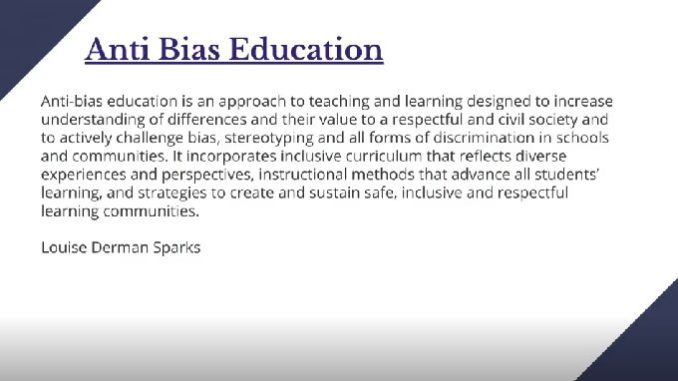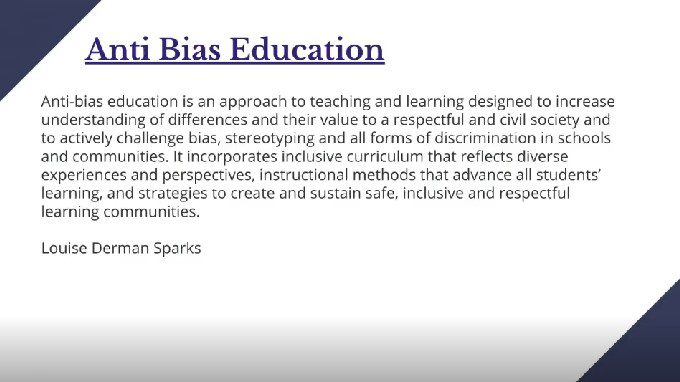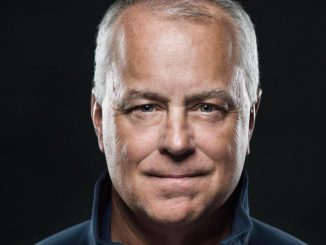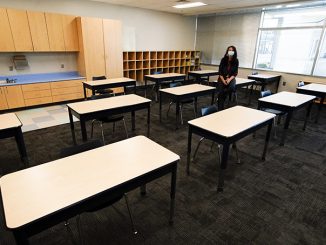
RALEIGH — Discussions about “Antibias Education” were a part of the Critical Race Theory-themed training for teachers in North Carolina’s largest district.
Critical Race Theory (CRT) is the belief that all facets of society, people, and history are inherently racist and some supporters of CRT argue resolution of such racism is impossible. CRT is based on Marxist Critical Theory, which divides all aspects of society into two groups, oppressed and oppressors. CRT adapts Critical Theory using a racial lens, with Whites being the oppressors and all minorities the oppressed.
In a previous report, audio and video obtained by North State Journal revealed Critical Race Theory-themed professional development training conducted by the district’s Office of Equity Affairs staff. Those staff members include Special Assistant Christina Spears and Director of Equity Affairs Teresa Bunner.
The “antibias” training sessions conducted by the Office of Equity Affairs (OEA) in the Wake County Public Schools (WCPSS) discussed how to build on “culturally responsive” and “antiracist” curriculum. It also included “four agreements” drawn from “Courageous Conversations,” an “antibias” training produced by Glenn Singleton’s Pacific Education Group.
Antibias Education
When the discussion turned to define the term “antibias,” Spears said the definition they use comes from “Louise Derman-Sparks’ anti-bias education.”
Spears also told the attendees that antibias education is designed “to increase understanding of differences and their value to a respectful, civil society” and that is accomplished by challenging biases. Yet, as “Beyond Diversity,” “Seeing White” and similar “antiracist” training conducted in WCPSS and other North Carolina districts has shown, the only biases being challenged appear to be that of white teachers and staff.

Derman-Sparks’ “antibias education” targets early childhood education with four “core goals” that include Identity, Diversity, Justice, and Activism. These are top-level details of the core goals as outlined by Derman-Sparks:
Identity
- Teachers will nurture each child’s construction of knowledgeable, confident, individual personal and social identities.
- Children will demonstrate self-awareness, confidence, family pride, and positive social identities.
Diversity
- Teachers will promote each child’s comfortable, empathetic interaction with people from diverse backgrounds.
- Children will express comfort and joy with human diversity, use accurate language for human differences, and form deep, caring connections across all dimensions of human diversity
Justice
- Teachers will foster each child’s capacity to critically identify bias and will nurture each child’s empathy for the hurt bias causes.
- Children will increasingly recognize unfairness (injustice), have language to describe unfairness, and understand that unfairness hurts.
Activism
- Teachers will cultivate each child’s ability and confidence to stand up for oneself and for others in the face of bias.
- Children will demonstrate a sense of empowerment and the skills to act, with others or alone, against prejudice and/or discriminatory actions.
A closer look at the chapters and index of Derman-Sparks’ book reveals how far she takes certain social justice core concepts, including such topics as transgenderism, “skin color awareness,” “implicit bias” and “gender injustice.”
While the point of Derman-Sparks’ “antibias education” is arguably laudable in wanting to create unbiased, diverse, and supportive learning spaces, she herself made it clear what her idea of “unbiased, diverse, and supportive” entails in an article criticizing Scholastic Books.
In an article on the left-leaning website called “Teaching for Change,” Derman-Sparks attacked Scholastic Books for not “honoring their earlier commitment to diversity” by printing an article about then-President Donald Trump. She attacked Trump’s campaign promises as creating a “white nationalist America” and asked, “Can teachers ethically read A True Book: President Donald Trump to these children?”
“In sum, Scholastic delivered a book of explicit and implicit “fake facts,” which offers a one-sided and consequently false picture of Donald Trump and his presidency,” wrote Derman-Sparks, who went on to say Scholastic’s article was age-inappropriate while promoting her own book instead.
As of this report, the Office of Equity Affairs in Wake County Schools has continued to conduct training as detailed in this four-part series by North State Journal. The full set of slides used during the training can be accessed here.
Wake County Public Schools professional development offerings for 2020 and 2021 obtained by North State Journal include a wide variety of classroom teaching relevant training, but 2020 CRT-infused course titles included “How to be an antiracist book study,” “2020-2021 Equity Book Club: How To Be An Antiracist – Ibram X Kendi,” and “White Fragility by Robin Diangelo- Parkside Elementary Book Study.” Also on the list were “Preschool Programs Equity Book Study,” “CRT & the Brain Cohort,” and “Edcamp Equity.”
The 2020 offerings also included “Beyond Diversity,” which is the Glenn Singleton antibias and anti-racist training that has been the basis of this four-part series. A course called “Intro to Critical Race Theory” was also offered, however, it was pulled by the district following inquiries by North State Journal.
Additionally in 2020, a series of training for elementary and middle school counselors called”Anti-Bias Core Counseling Lessons ” was offered. The description reveals this training utilizes materials from the controversial and left-leaning Southern Poverty Law Center:
“School Counselors will learn to use the ASCA Mindsets and Behaviors and the Teaching Tolerance Social Justice Standards in a K-5 anti-bias curriculum developed by a group of WCPSS counselors. This workshop will unpack the standards and explore the lesson plans to allow counselors to create a core curriculum plan for action in their school.”
Offerings in 2021 include “Equity In Education 101,” “Equity Coaching,” “Critical Reflections on Equity, Diversity, and Inclusion,” and “Race Relations – a Book Study – ‘White Fragility: Why It’s So Hard for White People to Talk About Racism’ by Robin DiAngelo.”
Other offerings included sessions on addressing “implicit bias,” “Grading for Equity,” and a 2020 book study on Glenn Singleton’s book “Courageous Conversations.”
Access the full list of Wake County Public Schools professional development training.
Access a list of Wake County Public Schools CRT-related course descriptions.



